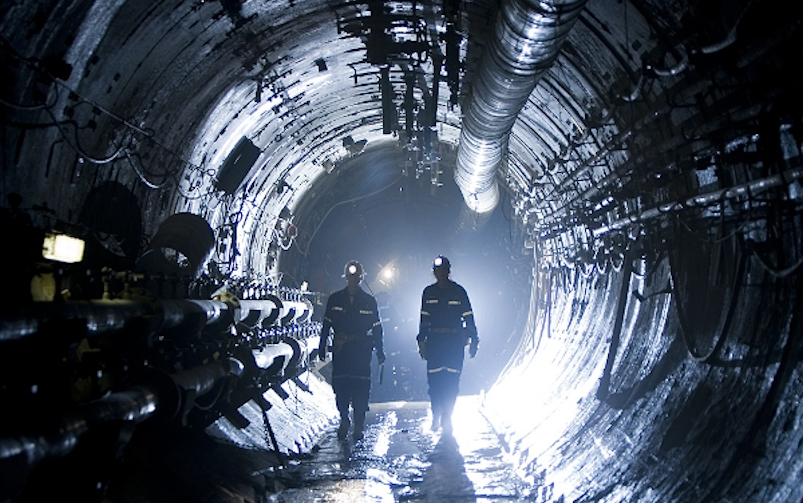The partnership between SRK and Mining Shared Value aims to increase opportunities for local procurement in developing countries. Courtesy of SRK.
While the COVID-19 pandemic has amplified its importance, local procurement for mining equipment and services has become an increasing priority for companies looking to simplify their supply chains, better conform with environmental regulations and potentially lower procurement costs.
In July, international mining consultants SRK Consulting announced that it would be forming a partnership with Mining Shared Value – a Canadian initiative that promotes local procurement in the mining industry – to enhance SRK’s expertise and improve local procurement opportunities for companies, a need it was seeing from more and more of its clients.
“A concept-level local supply chain analysis has always been included in SRK-led pre-feasibility and feasibility studies,” Lisl Fair, sustainability principal consultant at SRK, told CIM Magazine. “This practice was initially mandated by regulatory requirements, and the efficient inclusion of local supply chain analysis soon indicated the benefits of this practice. In the two years leading up to the pandemic, SRK has seen increased requirements from clients to include local supply-chain analysis in studies. They also need support in how to include enterprise and supplier development initiatives as part of corporate social responsibility practices.”
SRK will implement the Mining Local Procurement Reporting Mechanism – a set of disclosures that aims to create a global standard for how mining companies and host countries measure local procurement, created by Mining Shared Value and German development agency GIZ in 2017 – in its consulting efforts. The focus for SRK is currently on establishing supply chains for countries in Africa, but these principles could be applied in any country.
Related: Greater collaboration is required in the mining industry to attain autonomous operations, according to recent reports
A huge factor in bringing about the partnership with Mining Shared Value was the shipping disruptions and border closures caused by the COVID-19 pandemic, exposing a risk factor for operations rarely considered in an age of global commerce.
“The pandemic has made companies in all sectors recognize the risks for their supply chains in relying too heavily on imported goods and services transported by international firms,” said Jeff Geipel, managing director at Mining Shared Value. “Having more local suppliers who can reliably supply products in the event of global travel and shipping disruptions is now going to be acknowledged as a crucial means of risk mitigation. Now, investing in supplier development becomes a much more financially sound business decision, as those costs can be weighed against the future productivity losses that would come with a future global disruption like COVID-19.”
As well as lowering project risk, prioritizing local procurement can help operations better comply with environmental, social and governance (ESG) factors that are becoming increasingly important for obtaining project approval, social licences and sustainability-minded investors.
“A mine’s local procurement is a vital part of managing ESG and project risk,” said Geipel. “Buying from local suppliers means creating economic benefits for the local economy and having allies who want to see a mining project succeed. Many extractive industry projects have stalled due to a lack of local economic participation, creating the perception that none of the mine’s benefits will remain in the community.”
SRK’s Fair said, “Local procurement should be factored into mine planning throughout the entire mine life cycle, from exploration and concept study phase right through to production and finally closure. It is one of the most effective ways to build local capacity and ensure a positive legacy after mine closure.”



